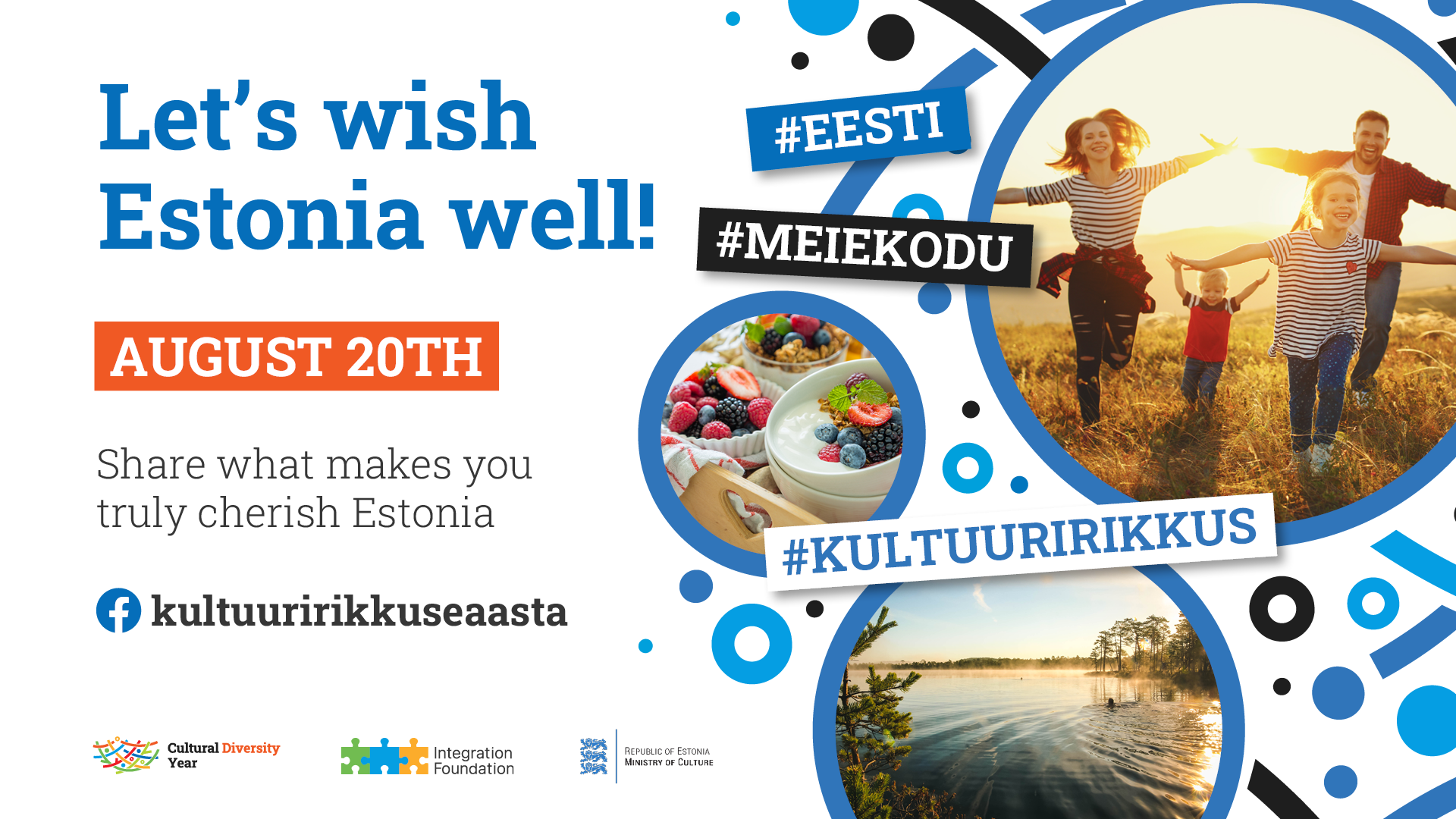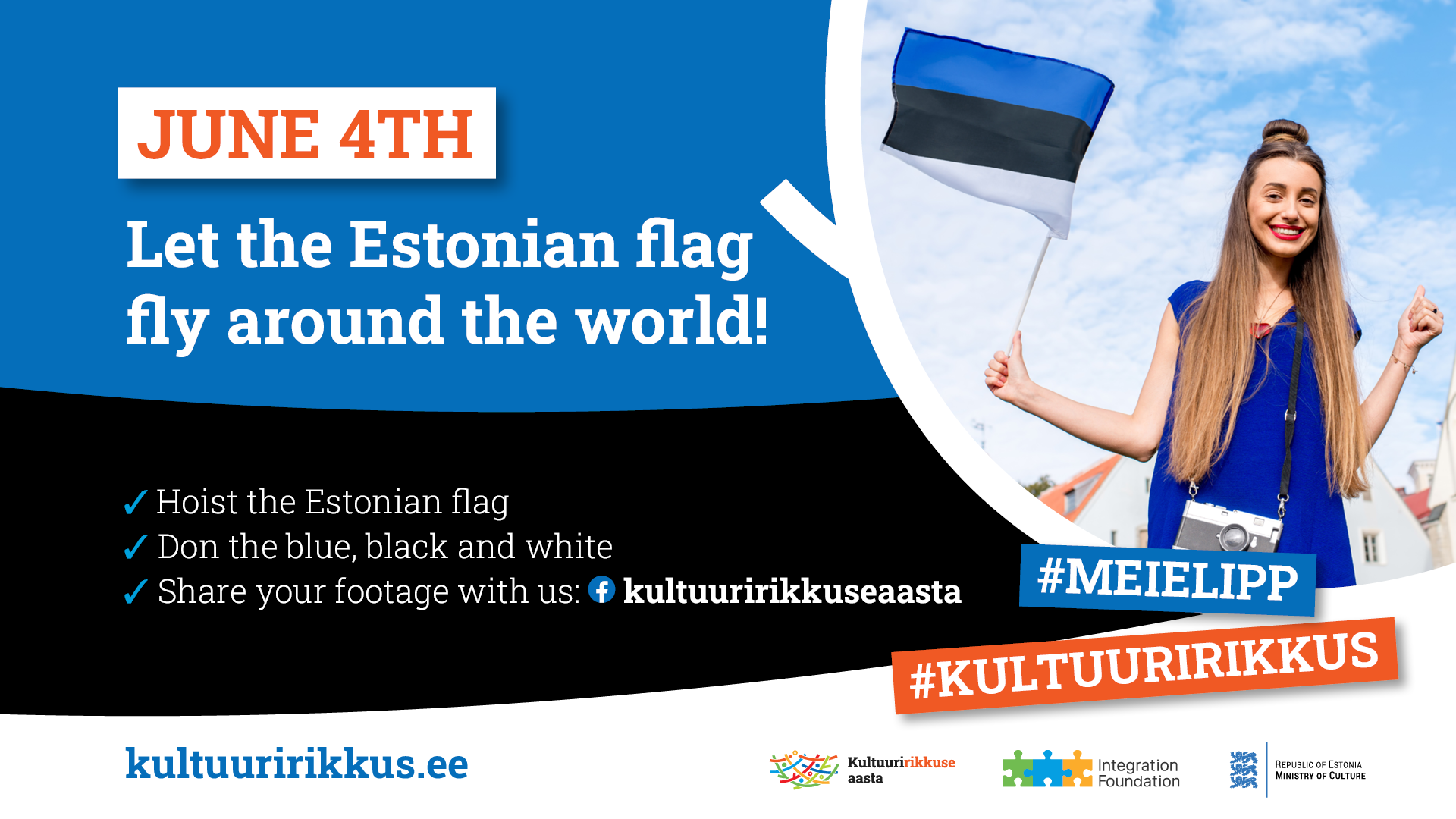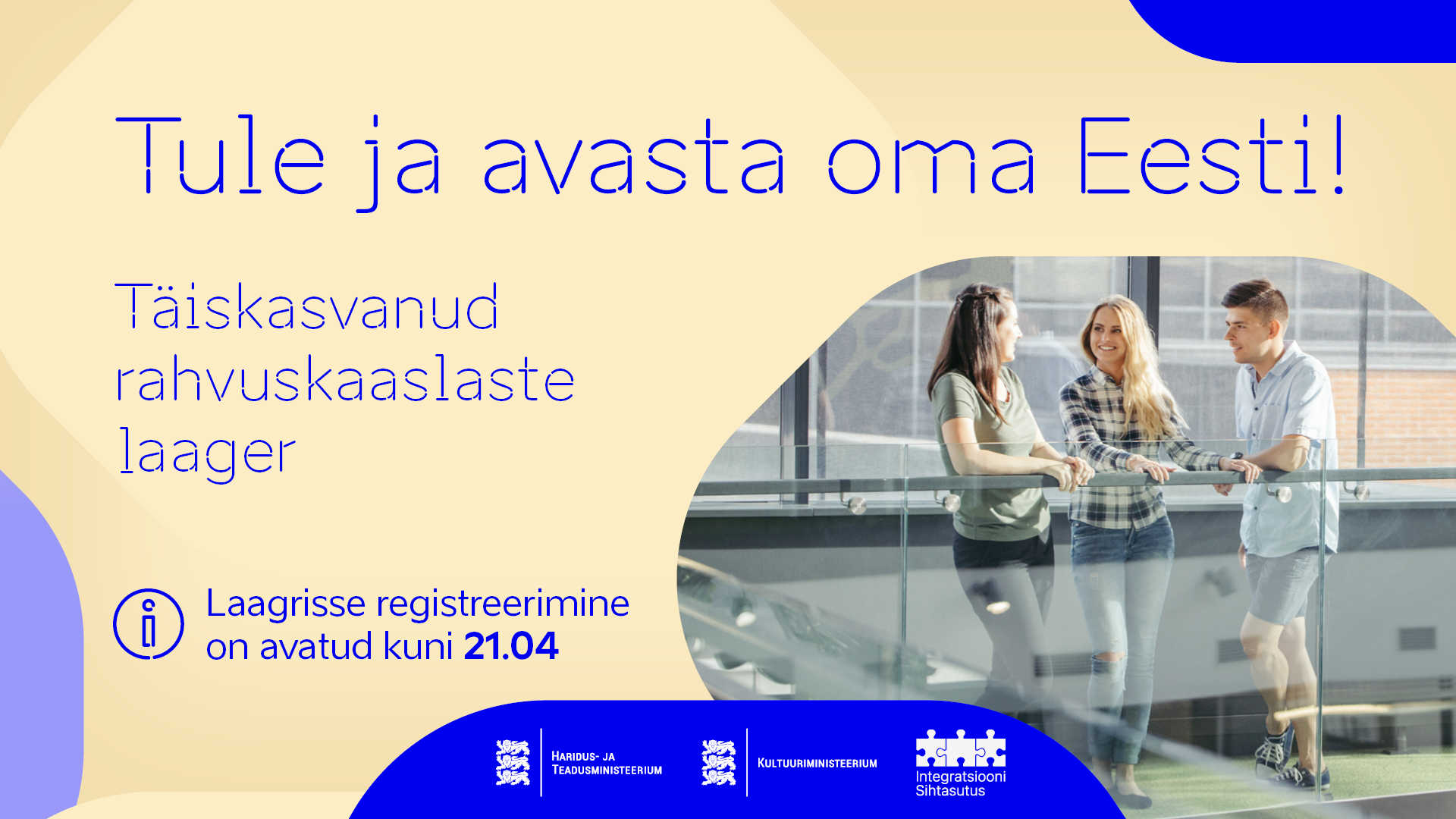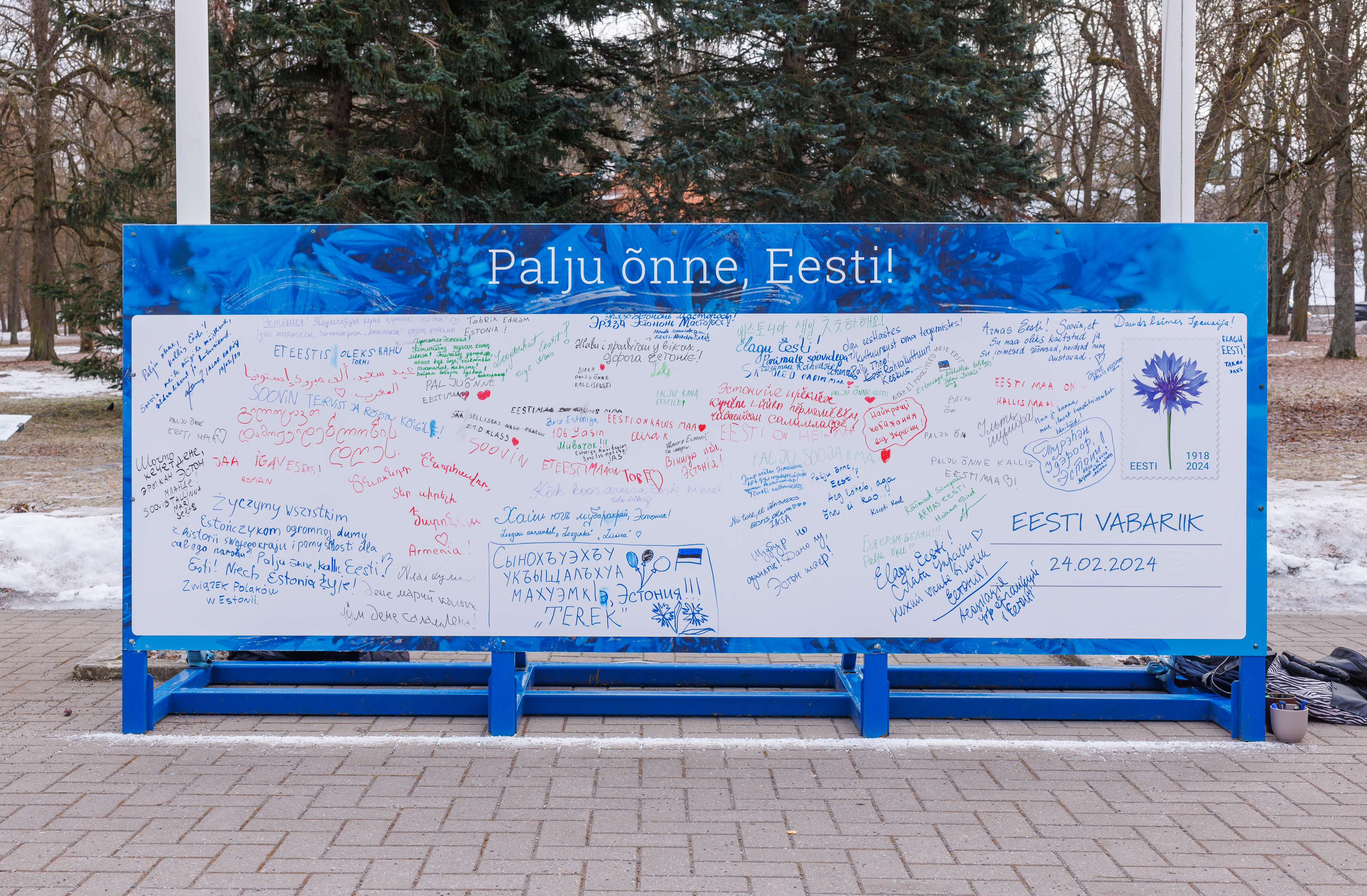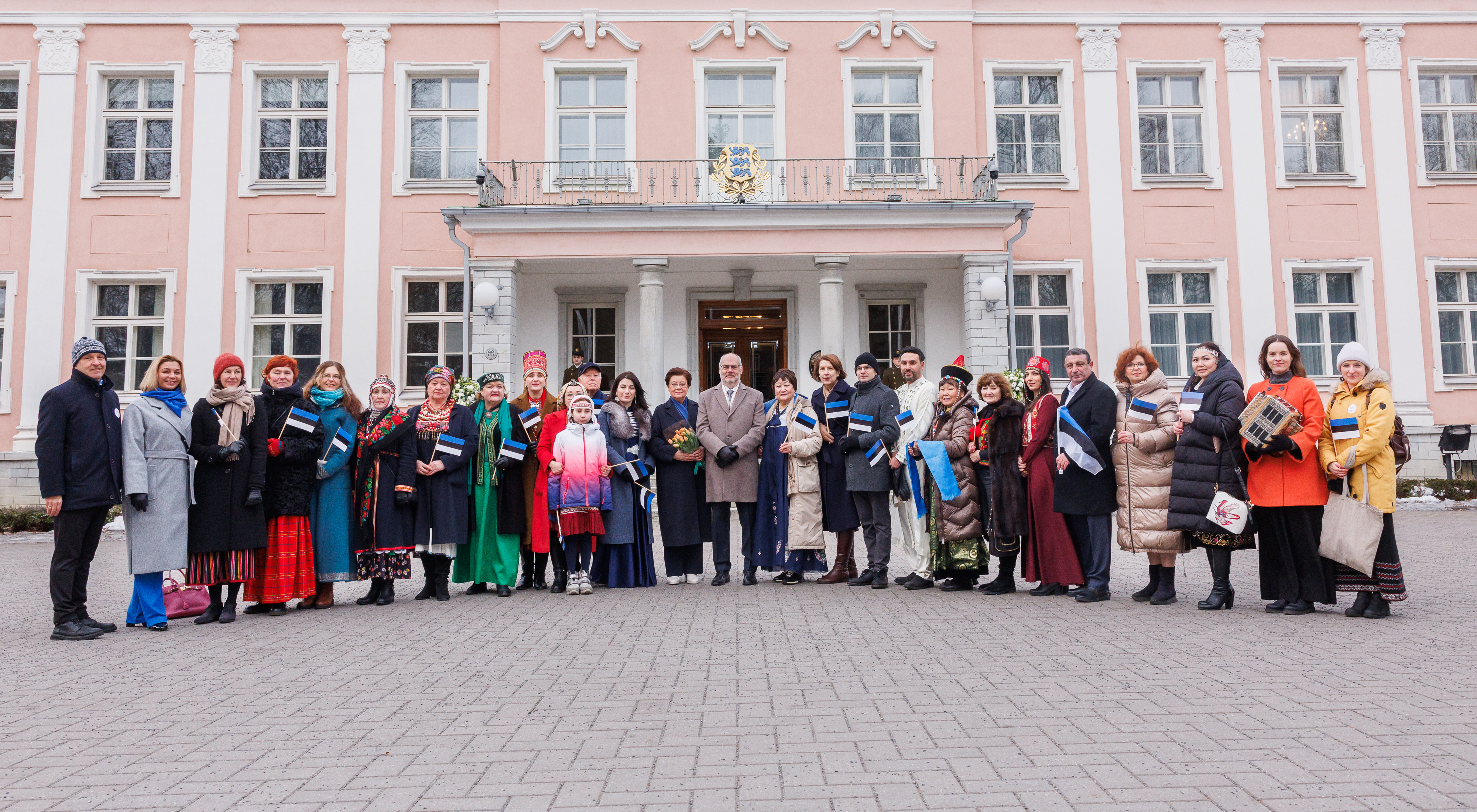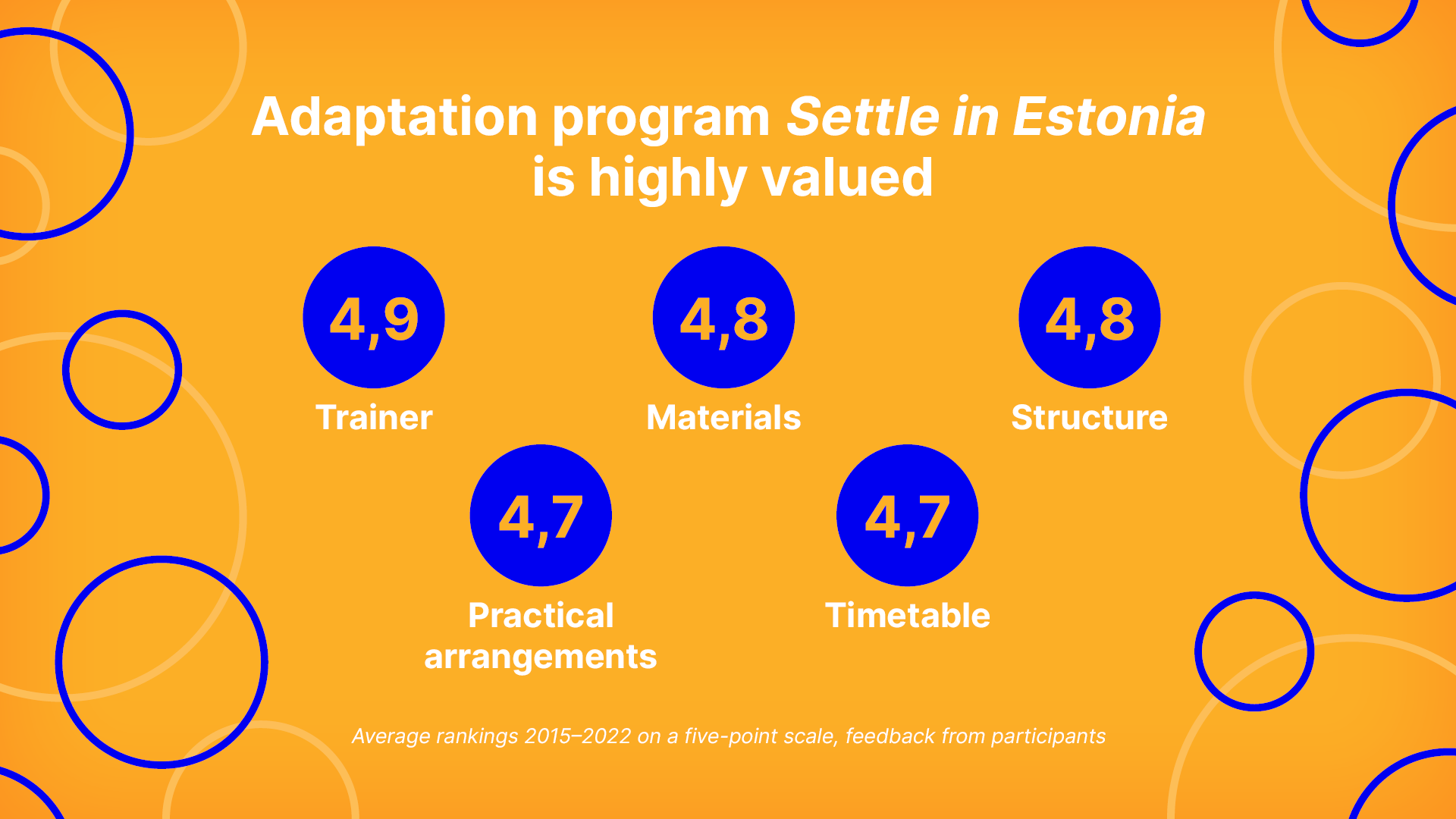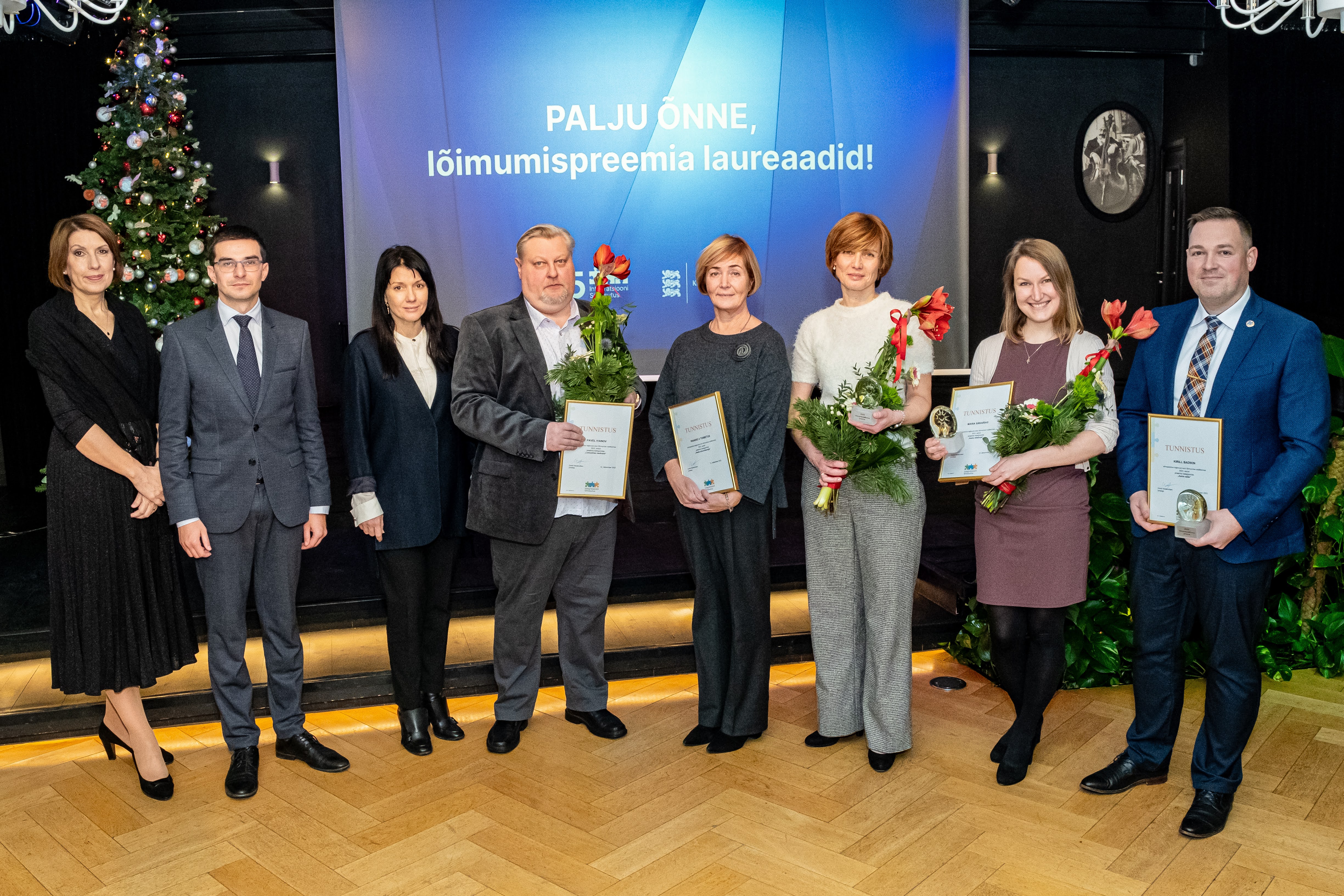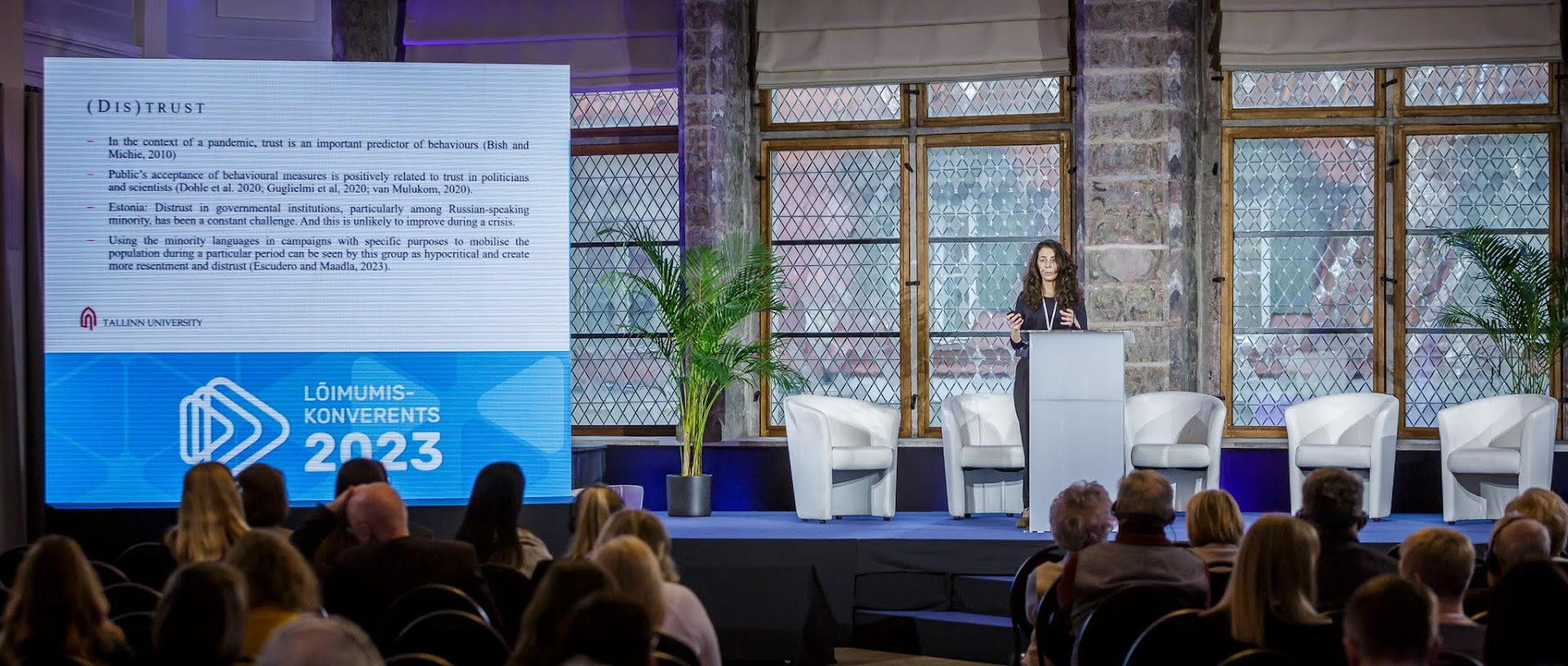The primary objective of the Settle in Estonia Adaptation Programme is to facilitate the seamless integration of individuals who have chosen to make Estonia their home into the local life. Ukrainian Olena Stoliarova moved here last summer for work and due to the war. Now, she tells us of how she heard of the adaptation programme and how it has helped her to integrate into Estonian society.
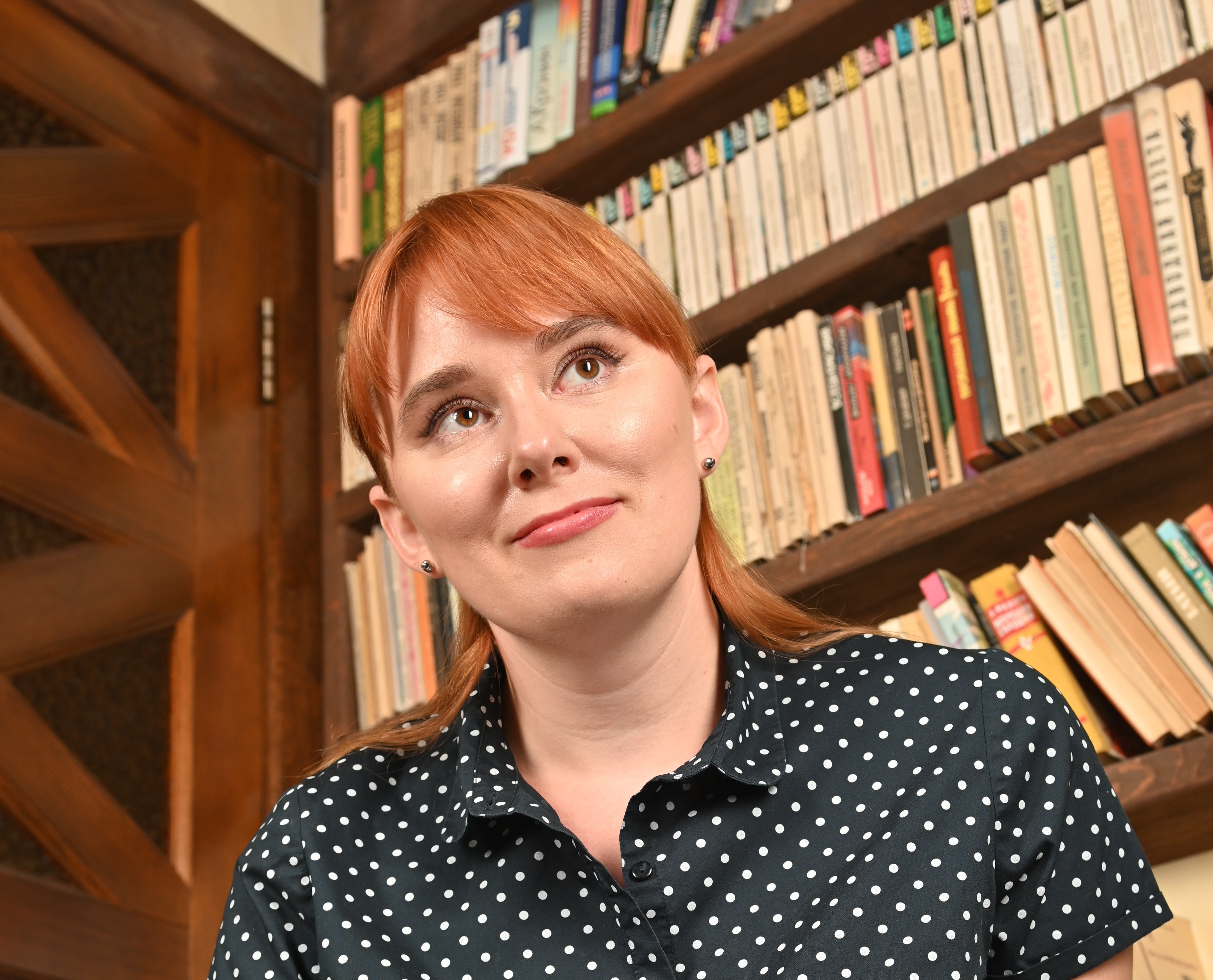
As I understand, you moved to Estonia because of the war. What made you decide to come here, specifically?
Yes. The war in Ukraine took place in my home district. I was looking for a place that would be safe, and as our culture – the food, for example – is quite similar to that of yours, I decided to come to Estonia. Of course, my choice was also influenced by the fact that I got a job in the local Microsoft office. So, although I have fled Ukraine because of the war, I am officially here for work.
You arrived in Estonia in July of last year. Where did you find information about the adaptation programme?
I am a member of Facebook groups for practicing Estonian. Someone shared this info there, and as it seemed interesting, I decided to participate.
You completed the A1 language course as part of the programme. As I understand, you have continued your language studies. How did Settle in Estonia inspire your further language learning?
I benefited greatly from these studies. On the one hand, I obtained a clearer understanding of the structure of your language, but on the other, it encouraged me to talk, because they taught me everyday phrases I started to use straight away. I was more into pursuing this language further and I recently passed the B1 language level exam. Of course, it is another question whether I can actually communicate at this level at the moment, but I definitely intend to keep trying.
How did learning Estonian with no base language work for you?
Yes, it is true, language learning was based on Estonian, which was difficult at first, but I managed. I think it helped that I had come into contact with the language before, for example, I participated in language cafés before the adaptation programme. On the other hand, I saw many learners who had great difficulties, as they had never even heard Estonian before. Then again, even they overcame these challenges after a few lessons.
What else did the programme give you, other than language learning?
In addition to language learning, participants can choose between 6 different topic modules. I chose the entrepreneurship module and also got to know e-services, where I learned how to start my own company in Estonia and sign things digitally.
How did this knowledge help you manage in society?
These were all things you could easily google, but for someone in a foreign country, it might not be as easy. Although now, a year later, all the things I learned seem like everyday things, I must admit that I would not have managed it all so quickly on my own.
How would you describe communication and collaboration with other participants and the instructors of the programme?
I liked that I never felt alone, which is important for someone who is in a foreign country on their own. Straight away, I got a small circle of acquaintances just by participating in the programme. Also, it was obvious that our teacher was a true professional. The group consisted of people of different cultural backgrounds, and getting all of us to get the hang of the basics of this language all at the same time is a skill in itself.
Would you recommend the adaptation programme to others?
Oh, for sure! As I said before, it helped me manage a lot better in a new country. I do not only mean the language and other necessary skills, but participating in a programme like this enables you to meet other people. I believe that it is important to make friends when moving to a foreign country alone.
What do you do currently and what are your goals for the next year?
At the moment, I am a developer at Microsoft. As I am planning to stay in Estonia for a long time, I want to continue learning the language. Many will probably ask if I want to return home when the war ends. Unfortunately, I already know that I will not. Why? I think that everything has consequences and I am not a person willing to take big risks.
Britta Saks, Head of Adaptation of the Integration Foundation
‘The adaptation programme Settle in Estonia helps foreigners arriving in Estonia to settle here as smoothly as possible. It consists of free trainings that provide an overview of life in Estonia as a whole, support in everyday issues, and teach Estonian. At the same time, people are able to create contacts, who will help them cope with changes.
Foreigners who have lived in Estonia for less than five years are eligible for the adaptation programme. Mostly, foreigners who have arrived in Estonia as part of normal migration (i.e. to study, to work, to join family) and have a temporary residence permit or right of residence take part in the training offered within this framework. They can participate in the adaptation programme within up to five years from the time of their arrival in Estonia and it is voluntary. The training we offer consists of six topic modules (base module, family module, work module, learning module, research module, entrepreneurship module) and Estonian language courses at levels A1 and A2. Currently, this part of the adaptation programme is fully managed by the Integration Foundation.
Participation in the adaptation programme is mandatory for recipients of international protection and temporary protection. In the trainings offered, they get an overview of the Estonian country, society, culture, and language. The volume of training somewhat differs, depending on the person’s status.’
Eda Silberg, Undersecretary for Cultural Diversity at the Ministry of Culture
Settle in Estonia, an adaptation programme comprised of a series of different free trainings, was created eight years ago to support foreigners arriving in Estonia and to provide them with knowledge about the local way of life in a compact and practical way. At the same time, the programme is not the same for everyone, but provides an opportunity for people who have arrived in Estonia for different reasons to find the training that suits them best. It is crucial for a person who has arrived in a foreign country to not be left in the dark regarding information or with their worries, especially in the beginning, but to get answers to even the most mundane questions in a pleasant atmosphere, and, at the same time, to communicate with people who find themselves in a similar situation. The adaptation programme offers such opportunities, thereby helping people to settle in Estonia more easily and cope independently. For example, in the case of a person who has arrived in Estonia via family migration, such support can be critical, and it is those people in particular who we want to invite to participate even more actively in the adapta
More information about the adaptation program can be found at: https://integratsioon.ee/kohanemine.

